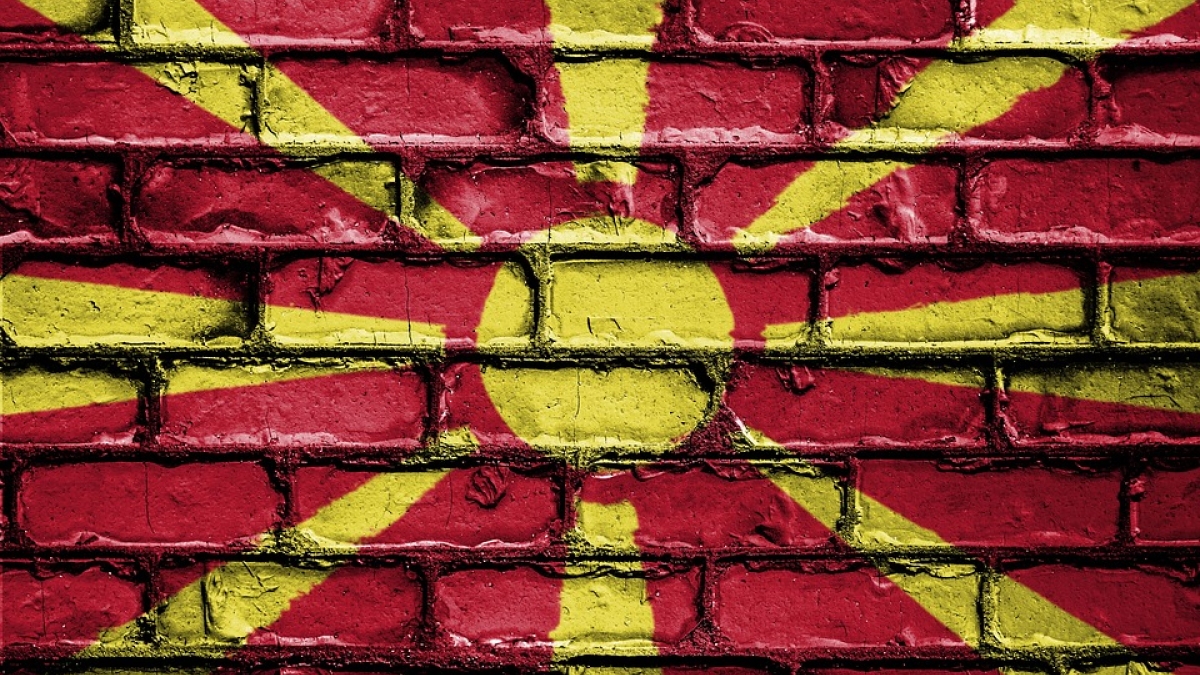Government leaders in Greece and the Republic of Macedonia have agreed on a resolution to their long-standing dispute over naming rights, striking a deal that will allow both countries use of the name “Macedonia.”
The new resolution rechristens the Republic of Macedonia as the Republic of North Macedonia, opening the way to entry into the European Union and NATO, which has been blocked until now by Greece, who previously laid exclusive claim to the name. Greece retains the name Macedonia, and the rich history associated with it, for its northern geographical region.
To gain further insight on this once-heated issue, ASU Now turned to Keith Brown, director of Arizona State University’s Melikian Center, who has been following this dispute for years.
Keith Brown
Question: After 25 years, what brought leaders to reach a resolution?
Answer: For the first time since the Republic of Macedonia declared independence in 1992, both countries have governments that were elected for their opposition to rising, right-wing nationalism. Zoran Zaev and Alex Tsipras are both pragmatic politicians who are willing to defy accusations of national treachery. They want to fix relations between their two countries and commit to a shared European future, and are committed to getting it done.
Q: Did both sides get what they wanted in the new name?
A: In so far as some factions on both sides wanted to monopolize the name, there is plenty of disappointment to go round. “North Macedonia” was an odd place to end, in that it explicitly suggests Macedonia has been subdivided. In other cases where there’s a geographic qualifierCountries such as North Korea, Northern Cyprus, Southern Sudan., it’s been the result of a war. In that regard, this is a win for everyone.
Q: Can the United States and the European Union claim some credit for this?
A: Matthew Nimetz, the U.S. negotiator, has been working on this process for almost a quarter century, for an annual salary of $1. It’s a victory for the idea that quiet persistence can work.
Q: Is this a done deal?
A: Both countries are democracies, with multiple checks and balances in place. The next hurdle in the Republic of Macedonia is posed by President (Gjorge) Ivanov, who owes his office to the now-disgraced nationalist VMRO-DPMNE party that escalated tensions with Greece for political profit. President Ivanov is threatening to use presidential veto power to torpedo the deal, arguing that it is unconstitutional. As a civil-society activist and scholar of political science before his election, he knew the dangers of populism, and he was part of the peaceful transition of Macedonia then. If he can channel his younger self and publicly endorse the deal, there’s a good chance the Republic can turn the page on a chapter of stubborn self-harm.
Q: What comes next, for the countries and the region?
A: If all goes as planned, the deal defuses Greek objections to its neighbor following its fellow former Yugoslav Republics into full membership in NATO and the European Union. Macedonian troops served in Afghanistan and Iraq, and the country became a candidate for EU accession back in 2005, the year before nationalists took power in Skopje. Polls have consistently indicated strong citizen support for the collective security and individual freedoms that EU membership promises. Textbooks and museums in both countries will need some updating, but hopefully those who cling to the imagined glories of the past can take joy in the gift they have the chance to hand to the next generation.
More Law, journalism and politics

Exhibit uses rare memorabilia to illustrate evolution of US presidential campaigns
After one of the most contentious elections in history, a new museum exhibit offers a historical perspective on the centuries-old American process.“We The People! Electing the American President” had…

TechTainment conference explores the crossroads of law, technology, entertainment
What protections do writers, actors, producers and others have from AI? Will changing laws around name, image and likeness (NIL) eliminate less lucrative college sports programs?And what does…

How to watch an election
Every election night, adrenaline pumps through newsrooms across the country as journalists take the pulse of democracy. We gathered three veteran reporters — each of them faculty at the Walter…

